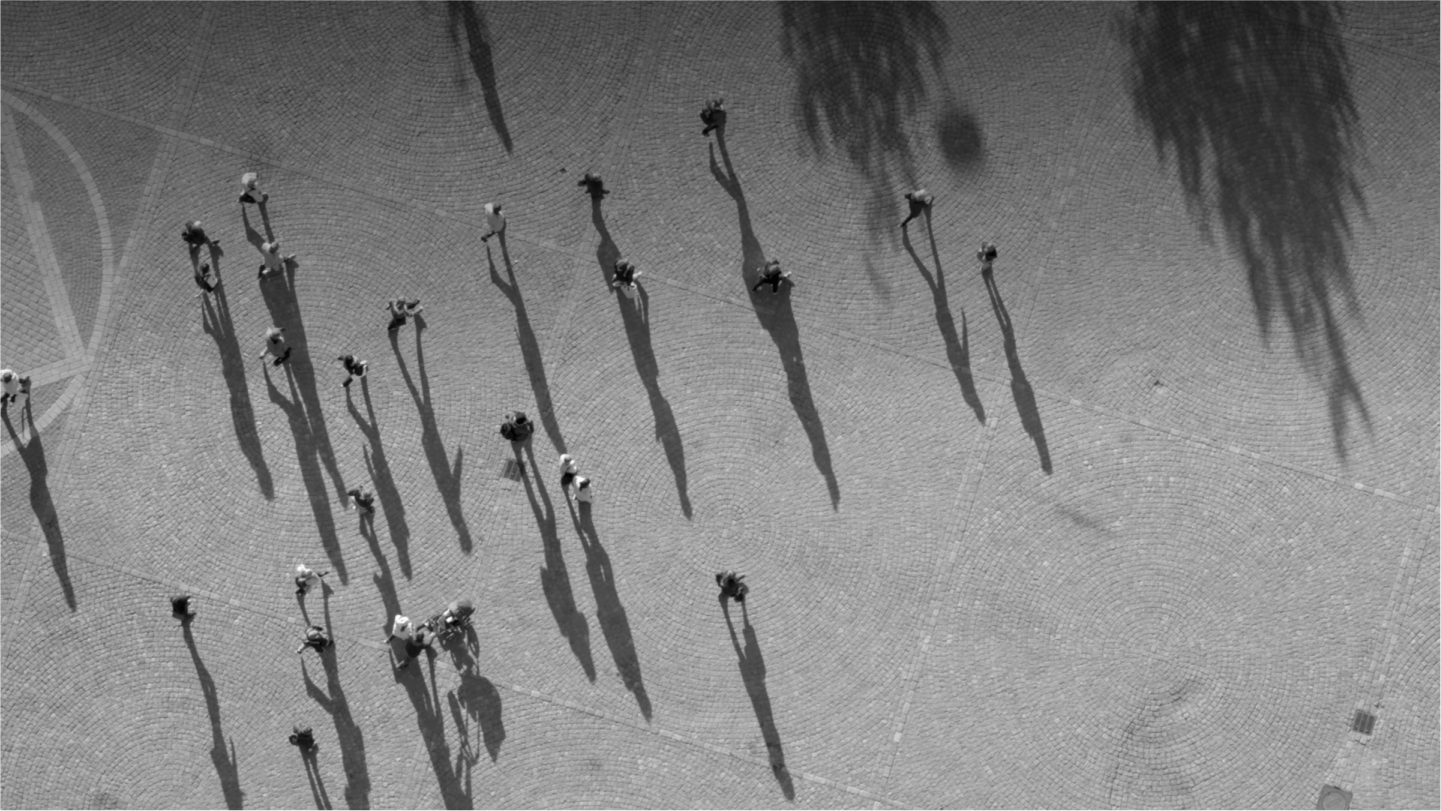



The distribution of the inheritance is governed by the provisions of the Code of Inheritance (Code of Inheritance 5.2.1965/40), according to which direct descendants have a primary right to inherit.
Direct descendants are the deceased’s children, grandchildren, etc. If a child has died, his or her descendants shall take his or her place, in accordance with the provisions the Code of Inheritance.
Spouses do not inherit from each other if he deceased has direct descendants. However, the surviving spouse may retain possession of the undivided estate of the deceased spouse.

However, a surviving spouse or civil partner inherits their spouse if the deceased has no surviving direct descendants and unless otherwise follows from the terms of a testament left by the decedent. In this situation, the spouse’s succession is secondary, i.e. the inheritance will revert to the deceased spouse’s family after the death of the surviving spouse. However, it is possible to prepare for this situation in advance with a proper testament drawn up by a professional.
Cohabiting partners never inherit from each other without a testament, and there is no legal right of possession for cohabiting partners.

According to the provisions of the Code of Inheritance, the deceased is to be inherited by his or her parents and siblings if the deceased has no children or direct descendants and no spouse.
Furthermore, it is possible for grandparents to inherit the deceased if there are no other heirs.
Ultimately, if there are no grandparents, the uncles and aunts will inherit the deceased. Cousins no longer inherit from each other.
With more than twenty years of experience, we offer our clients a personalised and client-oriented service in various areas of family property law. Whether your matter falls under family law or inheritance law, we always handle it efficiently, without forgetting the human aspect.
The area of family law usually includes financial matters relating to marriage and cohabitation, as well as child custody, living arrangements, right of access and maintenance.
Before proceeding with the distribution of the estate, a deed of estate inventory, which is a list of the deceased’s assets and liabilities, must first be drawn up and the estate must be settled. Only then can an agreement on the distribution of the estate be concluded.
Inheritance tax planning emphasises the importance of properly prepared documents in good time. A continuing power of attorney is a document that allows you to take care of your own affairs over your lifetime well in advance. You can plan for the distribution of your assets and their tax treatment by having a comprehensive deed of gift and/or testament in place.